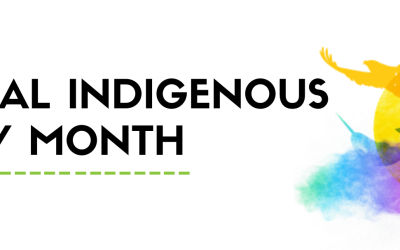National Chief Shawn Atleo is calling for more First Nations involvement in re-designing the post-Indian Act world.
Atleo chastised the federal government’s approach towards First Nations by calling it, “limited, narrow, piecemeal and unilateral.” He also wants to replace the Department of Aboriginal Affairs bureacuracy with a First Nations auditor general, a treaty commissioner and a smaller department to monitor the First Nation-Crown relationship.
There are merits to those ideas, but there should be much caution and prudence. There are systems and processes in the Indian Act and within the bureaucracy that people have become accustomed to.
One major question is who will negotiate on behalf of First Nations communities? Some bands have slowly negotiated out of various aspects of the Indian Act already. Some have negotiated sectoral self-governments or more comprehensive self-government agreements.
Atleo has tried to negotiate in certain key ways with the federal government – or the Crown if you will- but he was “smacked down” by many of the treaty-based chiefs who felt he exceeded his mandate. It does appear the AFN’s charter is clear that the national chief receives his direction from the chiefs-in-assembly. Does that need to change? Does the national chief need more independent authority to set an agenda and negotiate?
Change must involve First Nations at the table, for sure. But, it seems bands want money and authority before deciding how things will be structured. The last time self-government was discussed seriously during the Charlottetown Accord days, citizens and aboriginal women’s groups were concerned that leaders now- most of whom are men- would dominate the new autonomous structures.
All sides have much to flesh out before embarking on any radical changes.


